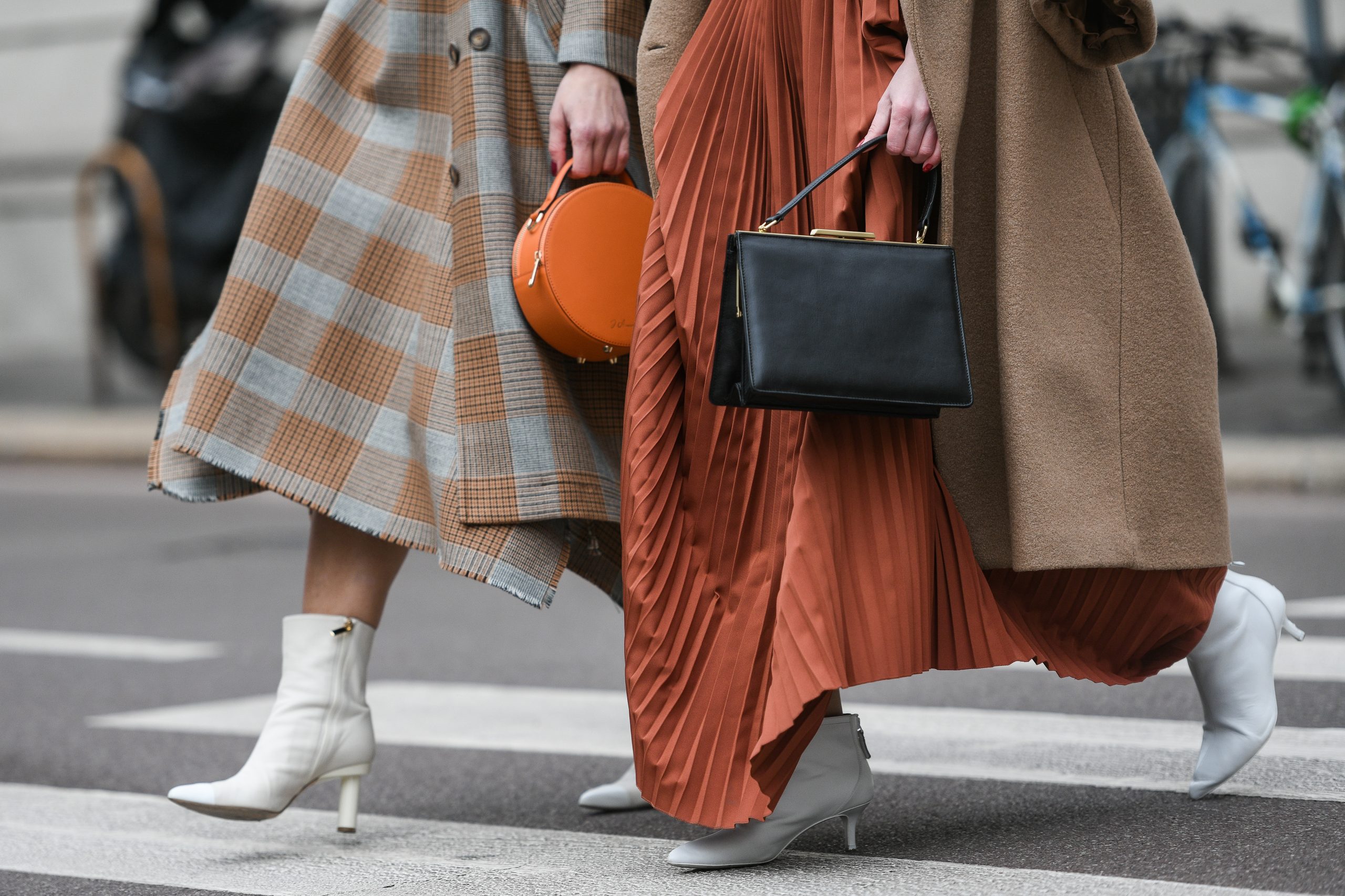Care tips to Keep wearing…longer
Here are some tried and tested ways to keep your clothes looking good for longer and cause the least damage to the environment. I’ve tried to share things that are less standard that you possibly haven’t thought of:
In general, to be better for the environment we should be looking at washing clothes less often and doing larger loads with cooler water. This is better both in terms of not wasting water and also because things last longer if washed less frequently. This works well for most garments unless you stain things (or they get sweaty) when it is better to wash as soon as you can. I’ve always been a fan of handwashing. For me it is the best way to keep more delicate things looking great longer and also to wash the odd thing that can’t wait until washing day. If you are busy it is easy to soak something to help dissolve the stain and this avoids rubbing it and weakening the cloth. If I have bad stains I dampen and rub a stain removal soap into it. I avoid spray products because of the plastic packaging. When I am handwashing I try and do as many things at the same time with the same water and detergent starting with the paler colours first. Once I’ve rinsed the item or items, unless they are very delicate, I spin them gently in my machine to remove the excess water.
- Powder vs liquid detergent: I usually go for powder because it doesn’t come in plastic packaging. The main disadvantages of powder are that it is somewhat abrasive releasing more micro fibres from synthetic garments and also that it can streak darker clothes. If I am washing darker clothes or synthetics, I dissolve the powder in hot water first which stops both these things from happening. Alternatively you can purchase refill liquid detergents or ones in recycled bottles.
- Look for the least harmful detergents that are biodegradable, don’t contain phosphates and aren’t made with fossil-fuels.
- Guppy bags or protective bags are great to use on synthetics or delicates. The bags specifically for delicate items protect against pilling, abrasion or snagging when being washed with other garments. Guppy bags are good for synthetic fabrics which release dangerous microfibres into the ocean.
- Hang up or fold clothes when you aren’t wearing them. If you air things you can often freshen them up and avoid having to wash as frequently. Avoid pressing things that you have been wearing as you will make it hard to remove odours or soiling.
- Never put damp things into your washing basket as it can make everything else go a bit rancid.
- Always dry garments straight away so that they don’t go rancid by being left wet. Try and get as much moisture from the items as you can before drying. Avoid tumble driers as they aren’t as good for textiles and also synthetic fabrics will release more microfibres.
- When you are folding or putting away your clothes look for any damage. It is much easier to repair small areas of damage and stop them getting larger.
- Try and dry garments on a hanger or in a position so that the garment needs minimal ironing or no ironing.
- Avoiding getting things dirty is a great way to reduce the need to wash as frequently. If I am doing things that are messy I try and wear older things, or if I am out I protect with a nylon pocket rain jacket or something similar so the garment underneath doesn’t get dirty or wet. If you perspire you can wear something like a merino or cotton vest underneath to keep the garment sweat free. Merino is particularly good as it wicks moisture and doesn’t absorb smell.
- Spotting stains at the time with a clean cloth or tissue can avoid them setting into the cloth. You can also Scotchgard coats and jackets to avoid stains setting in.
If you get pilling on things use a lint remover gently to remove bobbles. Some items only pill initially and are easy to correct but unfortunately some garments pill worse over time. After a few attempts de-bobbling you’ll know which type you have.







